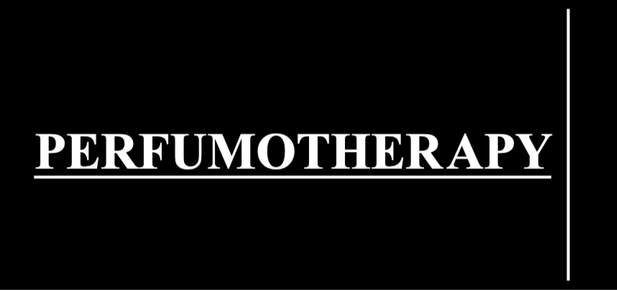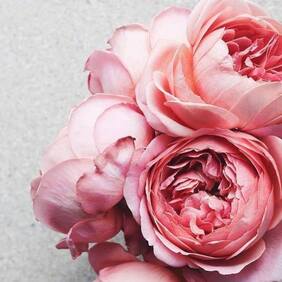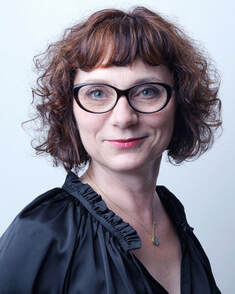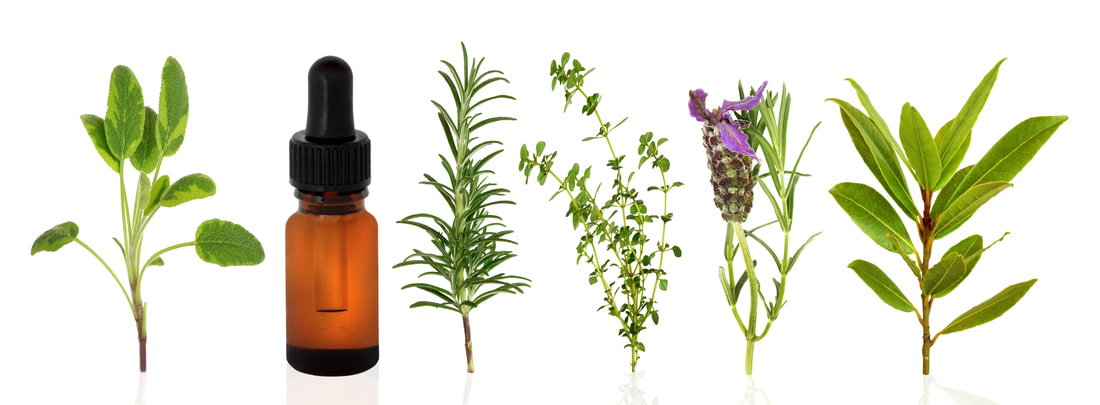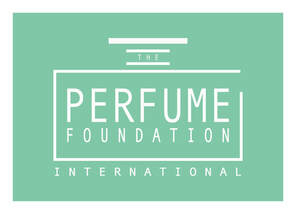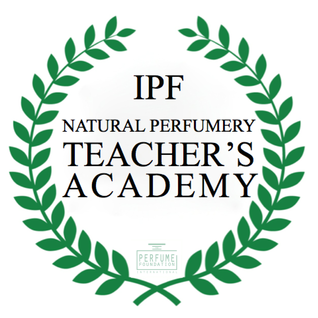French NATURAL AROMATHERAPY
What is French Natural Aromatherapy? |
Françoise Rapp holds an International Certification in Natural Aromatherapy. She has more than 25 years of experience in the sector of holistic health, naturopathy and natural aromatherapy in France and USA. She is now based in Provence, close to the natural raw materials what allows her to defend her fundamental values focused on the quality of essential oils and their role upon health. She shares her skills and her long experience in aromatherapy trainings as in natural perfumery and medicinal plants.
Author: Mes Huiles Essentielles, L’Aromathérapie et ses Bienfaits, Se Soigner en toutes saisons avec les Huiles Essentielles. |
NATURAL AROMATHERAPY DEFINITIONS
Natural Aromatherapy
Natural Aromatherapy is distinguished from aromatherapy by the use of 100% natural materials and by the prohibition of certain ingredients, including Genetically Modified Organisms (GMO) and synthetic substances.
Natural Materials
Natural Materials are those materials (flowers, plants, etc.) grown using the principles of the New Luxury Code in respecting the environment and workers as well as the avoidance of Genetically Modified Organism (GMO) seeds, and using Integrated Pest Management (IPM) practices including the use of natural pest management, such as biologicals.
Certified Natural Aromatherapists
Certified Natural Aromatherapists are committed to developing products composed of 100% natural materials. Certified Natural Aromatherapists can market their own natural products and services online, through a single retail store of their own, or wholesale their natural products and services to retailers.
Natural Aromatherapy
Natural Aromatherapy is distinguished from aromatherapy by the use of 100% natural materials and by the prohibition of certain ingredients, including Genetically Modified Organisms (GMO) and synthetic substances.
Natural Materials
Natural Materials are those materials (flowers, plants, etc.) grown using the principles of the New Luxury Code in respecting the environment and workers as well as the avoidance of Genetically Modified Organism (GMO) seeds, and using Integrated Pest Management (IPM) practices including the use of natural pest management, such as biologicals.
Certified Natural Aromatherapists
Certified Natural Aromatherapists are committed to developing products composed of 100% natural materials. Certified Natural Aromatherapists can market their own natural products and services online, through a single retail store of their own, or wholesale their natural products and services to retailers.
Become A NATURAL AROMATHERAPIST
The following is a Natural Aromatherapy course given by Françoise Rapp, Certified Aromatherapist, Teacher and Member of The Teacher's Academy, in which you will learn:
Module 1 – Introduction to Essential Oils
Basil, bergamot, camomilla roman, cinnamon (bark), eucalyptus globulus, eucalyptus radiata, frankincense, geranium, ginger, helichrysum, katrafay, fine lavender, yellow lemon, neroli, niaouli, sweet orange, peppermint, petitgrain bigarade, ravintsara, rose, rosemary (cineole), tea tree, thyme (linalol), wintergreen, ylang ylang
Module 6 – The Science and Art of Blending Essential Oils
Once you become a Natural Aromatherapist, apply to the International Perfume Foundation Certification as Natural Aromatherapist.
Module 1 – Introduction to Essential Oils
- The history of aromatherapy
- From an essence to an essential oil
- The different processes of extracting an essential oil from the plant
- The difference between hydrosols and essential oils
- The healing uses of essential oils
- What determines the quality of an essential oil
- The quality controls and criteria
- The data references
- The logos and the labels
- The certifications of analyses
- Reading the labels
- The aromatogramme: how to determine the efficiency of essential oils
- 7 keys to uses essential oils
- The safe uses of essential oils
- What not to do when using essential oils
- What to do when misusing essential oils
- The botanical families and their properties
- The botanical families and their cautious uses
- What is a chemotype
- What is the procedure to determine the properties and qualities of essential oils
- Biochemistry and wellness properties
Basil, bergamot, camomilla roman, cinnamon (bark), eucalyptus globulus, eucalyptus radiata, frankincense, geranium, ginger, helichrysum, katrafay, fine lavender, yellow lemon, neroli, niaouli, sweet orange, peppermint, petitgrain bigarade, ravintsara, rose, rosemary (cineole), tea tree, thyme (linalol), wintergreen, ylang ylang
Module 6 – The Science and Art of Blending Essential Oils
- Rules of blending & safety
- Dosages for bath, cutaneous uses, diffusion, …
- Dosages for young children, teenagers, adults and seniors
- Zoom meeting to lead you on practical aspects and give you experts tips about custom blending + Q&A
- Introduction to flower waters & hydrosols
- 6 key points that determine the quality
- The healing uses
- The rules of blending & safety
- Process & rules
- New Luxury Code
- Download your final test
Once you become a Natural Aromatherapist, apply to the International Perfume Foundation Certification as Natural Aromatherapist.
This course is truly thoroughly thought out. It is a bit hard because we must assimilate more new concepts (with all the scientific and lab assessments), but it's a good challenge, and I feel it will prepare us for this profession, what we can expect to encounter. It also gives us in -depth knowledge to gain respect and authority as an aromatherapist, in case we must explain or educate our future clients or consumers about our products. It also makes us investigate more the composition or constituents of essential oils and their effects, that are important to know, for health and safety reasons."
Maria S. Rodriguez Genna
This course is a 4 week course (2 modules / week)
